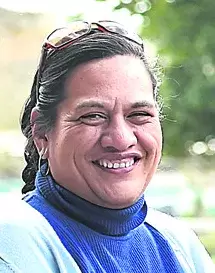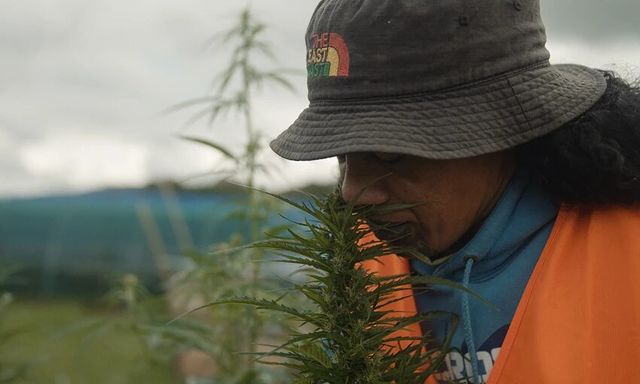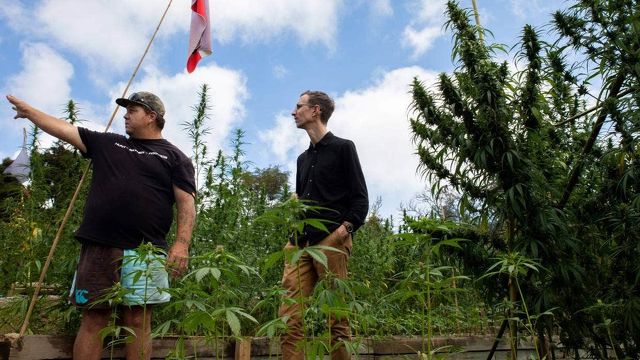Ruatoria-based Hikurangi Bioactives has started work on a project to understand the ecological and economic value of kanuka, the most common native plant species in this region.
Funded by the Ministry of Primary Industries’ Erosion Control Funding Programme, the aim of the kanuka project is to learn more about an often under-appreciated and misunderstood plant.
Hikurangi Bioactives is working with scientists Dr Alvaro Vidiella and Irene Lopez-Ubiria, who will be leading the research and studying kanuka on 13 blocks that stretch from Tolaga Bay to Te Araroa.
One of the most surprising discoveries has been how little is known about kanuka.
“Kanuka belongs to the same family as manuka,” says Irene Lopez-Ubiria.
“Like in every family, there are members with more success than others, and for many years the potential of kanuka has been overlooked in favour of manuka.
“In the last three decades, the plant has been reclassified into different species, and it has become clear that there can be huge variability even within a single species.”
The project will involve analysing kanuka leaf oil to learn more about its bioactive potential.
Kanuka has so far been identified as possibly having analgesic, anti-inflammatory, anti-fungal and anti-bacterial properties, although none of this has been scientifically proven.
“This could be due to the limited number of studies about kanuka but it could also be linked to the fact that scientists have not yet taken into consideration the enormous variability of the species,” she says.
The project’s focus on the economic potential of kanuka will run in parallel with a keen interest in understanding the role the plant plays in the local eco-system.
“Kanuka has an enormous ecological value, because of the way it controls erosion and increases biodiversity by creating suitable conditions for native forest to regenerate’, she says.
“This project is about finding ways to balance the ecological value of kanuka with its value as an oil extract, so we will study the most sustainable ways of harvesting kanuka to minimise the impact in the ecosystem.”
Bella Paenga is one of the landowners taking part in the project, as well as the liaison person between the project team and the other landowners.
She is excited about how the project is changing attitudes towards kanuka.
“There was a time when it all was seen as scrub, good only for firewood,” she said.
“Farmers would say, ‘cut it down and make room for the stock’.
“Even after cursing the kanuka and clearing it from our lands, it continues to grab hold and thrive.
“Now we are learning about the important role that kanuka has.
‘‘Its medical potential is also really exciting and promises economic benefits.
“Generations of whanau have walked away from their lands, told to go make money and get a real job because there are no opportunities at home.
“Projects like this one with kanuka are changing that.”

Bella Paenga











